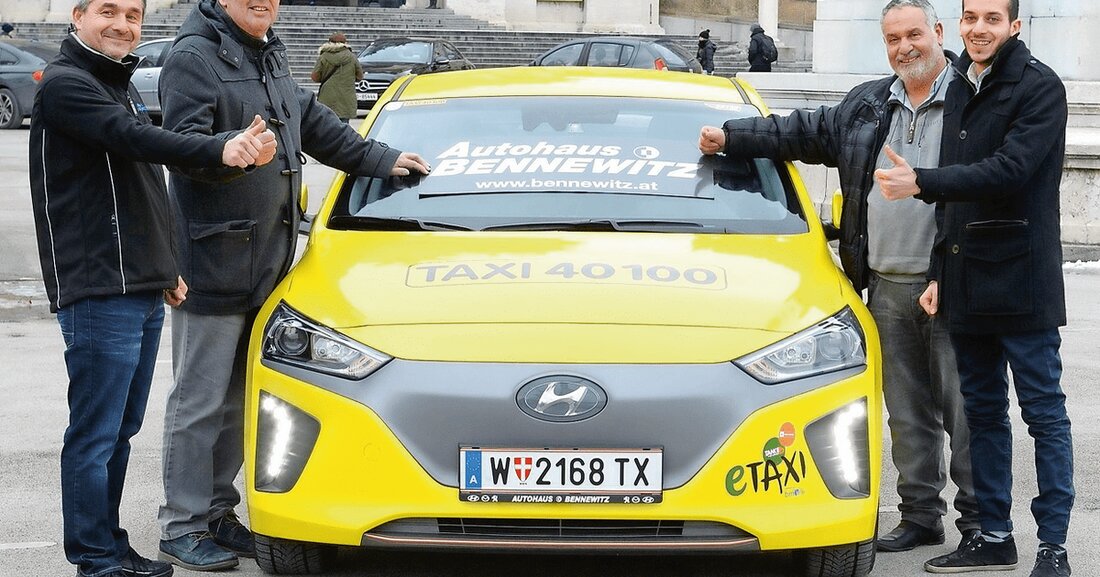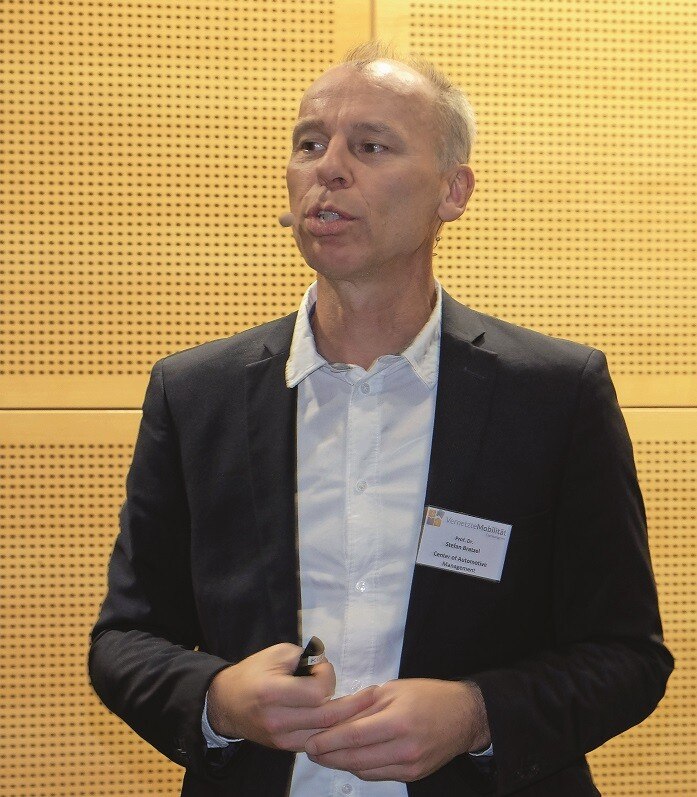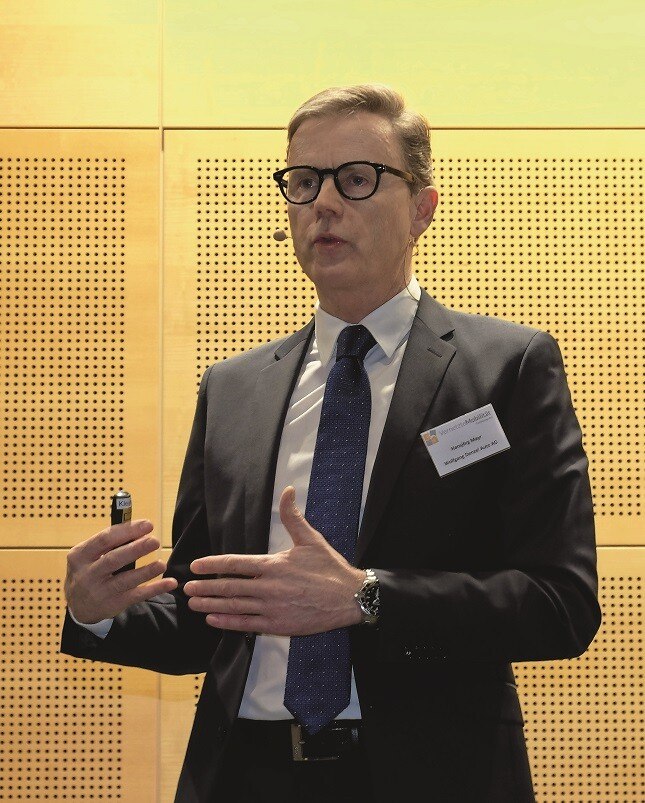The loss of added value
The CONNECTED MOBILITY specialist congress as part of the Vienna Autoshow demonstrated the change in revenue models in the car trade and repair business. Conclusion: Car manufacturers and workshops are currently facing enormous challenges.

The loss of added value


In his opening statement, conference organizer Raimund Wagner stated that the boom in the automotive industry had passed its peak. Although the car will remain the number one means of transport in the next two decades, we are already at the beginning of a new, multi-mobile age. Keynote speaker Stefan Bratzel, director and founder of the Center of Automotive Management in Germany, sees a battle of worlds between established car manufacturers, new mobility service providers and large digital players. “In the next ten to 15 years it will be decided who will play the key role in the mobility of the future,” says Bratzel. In his opinion, it is a serious omission on the part of car manufacturers to leave the development of vehicle software to Google & Co and to limit themselves to the hardware. In the future, however, the operators of mobility platforms would achieve the greatest returns – around 20 to 25 percent – while vehicle manufacturers would be left with a maximum of 7 to 8 percent, according to Bratzel. His forecast for e-mobility is also interesting: by the mid-2020s, the price for a kilowatt hour of battery power will have fallen from today's 130 euros to 100 euros, meaning that the purchase price of the electric car will be on a par with the combustion engine. Bratzel sees the current boom in plug-in hybrids as problematic, as their real consumption is up to three times higher than the reported standard consumption. “The vehicles are bought because of the high subsidies, but many company car drivers don’t even unpack the charging cable,” says Bratzel.
BURGLARY IN THE WORKSHOP
With the hotly debated question “Quo Vadis After-Sales?” Denzel board member Hansjörg Mayr dedicated himself to the future of the workshop business. The example of a purely electrically powered Hyundai Ioniq, which is operated by the Vienna taxi company 40100, demonstrates the dramatic change. After three years of taxi operation, the Ioniq's service booklet showed only two entries at 260,000 kilometers: replacing the pollen filter and replacing the brake pads. “Electromobility and autonomous driving will cause after-sales sales to shrink,” says Mayr, “we therefore have to focus on individual communication with the customer.” The tool for this could be your own car dealership app that works in both directions. “This means the car dealership can respond quickly to customer inquiries and make recommendations for the best next action,” says Mayr. In further interesting lectures, Matthias Kreimeier from e.GO Mobile AG presented solutions for the city traffic of the future. Uniqa board member Andreas Kößl explained how insurance companies can respond to technological change and changing customer behavior with innovative products. Matthias Fiegl from Magenta Telekom described the opportunities of networking based on 5G technology, climate researcher Christoph Matulla explained the consequences of climate change on the environment and society, and Thomas Tietje from A.T.U dealt with vehicle telematics in his lecture. Finally, Wolfgang Kurz from the Automobil Cluster Upper Austria gave an exciting outlook on the future of mobility.

 Suche
Suche
 Mein Konto
Mein Konto